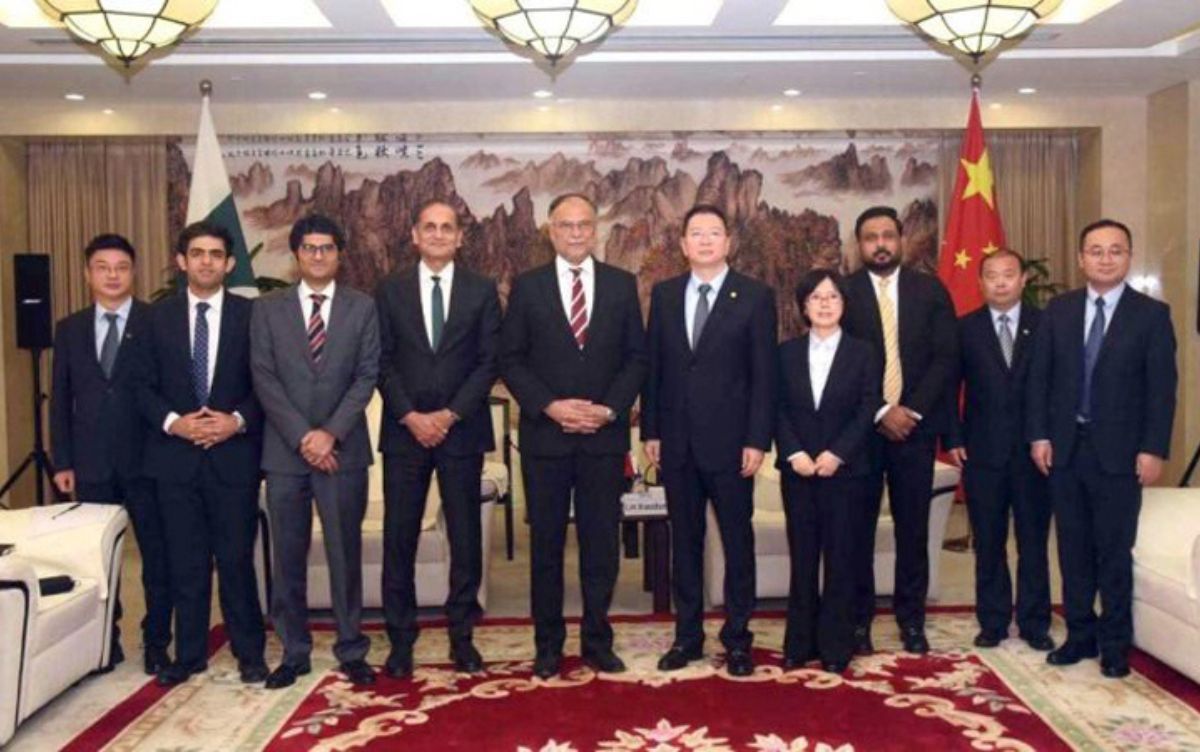China-Pakistan Shift Focus to Business and Innovation under CPEC
In a high-level diplomatic engagement in Beijing, Pakistan’s Federal Minister for Planning, Development, and Special Initiatives, Prof. Ahsan Iqbal, met with Chinese officials to prepare for Prime Minister Shahbaz Sharif’s forthcoming visit and the anticipated 14th Joint Cooperation Committee (JCC) meeting. These discussions mark a significant shift in the China-Pakistan Economic Corridor (CPEC) towards deeper business-to-business (B2B) collaboration.
Iqbal met with the new Chairman of China International Development Cooperation Agency (CIDCA), underscoring both countries' commitment to uplift underprivileged areas through impactful socio-economic projects. He emphasized broadening the partnership to include educational and livelihood opportunities, especially for students from Pakistan’s remote regions to pursue higher education in China.
Highlighting the transition from infrastructure to industrial focus, Iqbal shared that CPEC’s first phase brought $25 billion in investments, powering 8,000+ MW of energy and enhancing national connectivity through highways, motorways, and a dedicated fiber optic link. Gwadar saw foundational development during this time.
 P.c. China Pakistan Economic Corridor
P.c. China Pakistan Economic Corridor
Now, with CPEC’s second phase, attention turns to modernising agriculture, developing industrial capabilities, and fostering direct business cooperation. Iqbal revealed that Pakistan has already sent two batches of agricultural experts—300 each—to China for advanced training in modern techniques.
Iqbal reiterated Pakistan’s aim to transform from an agrarian to an industrial economy. Emphasis is being placed on exports, with focus sectors including garments, sports equipment, surgical instruments, and agriculture. He also engaged with Chinese companies operating in Pakistan to discuss further investment and joint ventures in areas like IT, chemicals, and electric vehicles.
Discussions also extended to peaceful nuclear cooperation and space exploration. Meetings with Chinese nuclear and space authorities explored applications in agriculture, healthcare, and disaster response. Pakistan plans to launch its first astronaut with China’s help in 2026, followed by a lunar rover project and an independent moon landing by 2035.
Recognising China’s steadfast support, Iqbal described the bilateral ties as an "iron brotherhood" akin to the Great Wall—unshakeable and visible to the world. This enduring alliance, he said, will be celebrated next year as both countries mark 75 years of diplomatic relations.
On the international front, Iqbal highlighted the importance of de-escalating global conflicts through multilateral platforms like the Shanghai Cooperation Organisation (SCO). He stressed enhancing cultural and educational exchanges to foster understanding and peace in an increasingly volatile world.
Additionally, Iqbal announced that the Pakistan-China Business Conference will be held in Beijing on September 4, coinciding with the Prime Minister’s visit. The event will host over 450 companies—250 from Pakistan and 200 from China—creating opportunities for matchmaking across sectors such as agriculture, IT, EVs, chemicals, and solar energy.